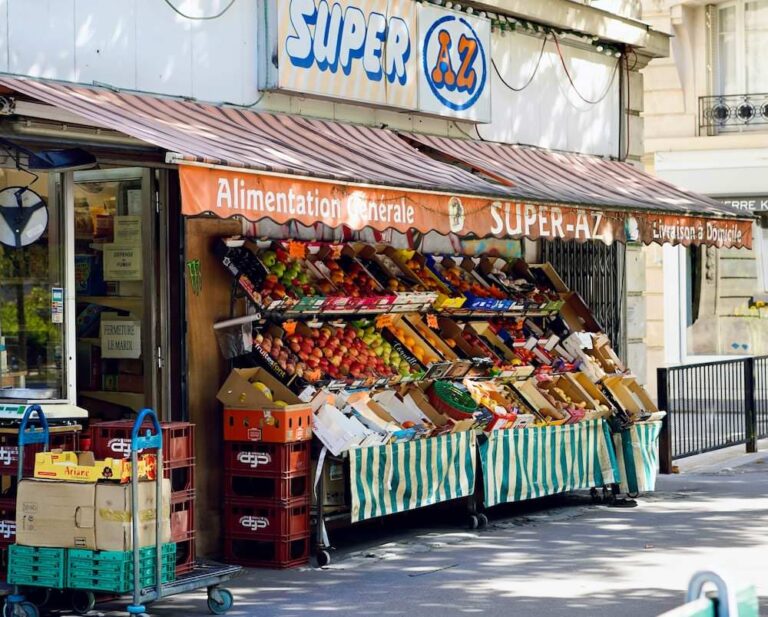process
The english word “process” is a broad term covering a series of actions, a procedure, a method, or a technical operation. There is no single french equivalent. The correct translation depends entirely on the specific context and meaning. The primary options are le processus, la procédure, le procédé, and le traitement. Le processus Use le…









